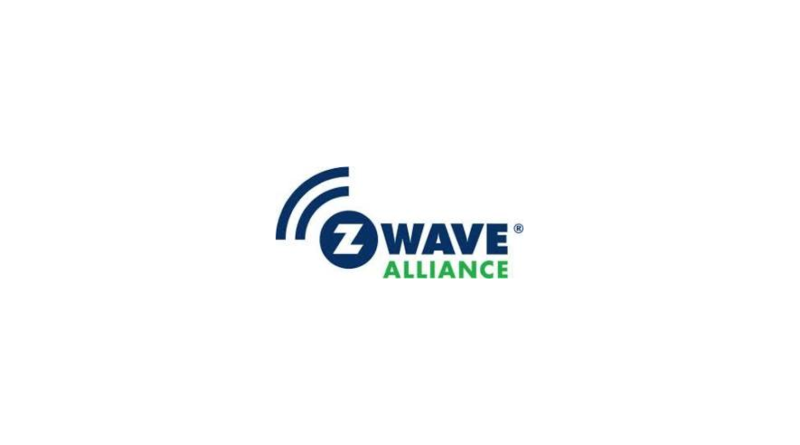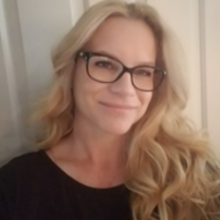I recently talked with Mitchell Klein, Executive Director Z-Wave Alliance, about the changing industry, the Coronavirus pandemic and dealing with unforeseen challenges.

Maureen Jenson: Walk us through some of the unforeseen challenges the integration industry has experienced over the last 25 years? What is the common thread throughout all of these challenges? What was the immediate impact on the industry?
Mitchell Klein: Between 1995 and 2020 the integration industry faced several hardships associated with various global crises. These include the burst of the Dotcom Bubble, the 9/11 tragedy, the Great Recession of 2008, and natural disasters like Hurricanes Sandy and Irma. The common thread throughout all of these challenges was industry-wide acceptance that things are always going to change. The immediate impact on the industry was business cutbacks as people closed their wallets.
Yet from economic booms, downturns, recessions, and recoveries, to national disasters and terrorist attacks – unforeseen challenges can and will continue to create new opportunities for integrators. In many cases, I can confidently say businesses have come out on the other side of these devastations stronger, smarter, and at times, even better than they were before.
MJ: What is the most important thing for integrators to remember when faced with an unforeseen challenge?
MK: When faced with an unforeseen challenge it is important to remember to find ways to stabilize your business and manage your cash flow.
This should start with shifting your focus internally – what are areas for improvement in processes, places where you can improve efficiencies? What costs are you carrying that you can shed, and how can you prioritize them?
While your business is stabilizing you should look at “pivot points” – opportunities for your business to capitalize on changing market conditions. Whether that be identifying new market segments (think corporate, builder, hospitality, retail, online, etc.) or market verticals such as different system price points, adding new customer segments, or offering additional technologies like security, you will be in a better position to start to grow again.
Company branding and differentiation is also key to standing out when times are tough. Marketing efforts are typically where businesses cut first. Your competition will surely do that, so capitalize on this by increasing focus on your marketing tactics. Figuring out creative ways to differentiate yourself from the competitors and staying ahead of the curve and getting creative with your business model is imperative to maintaining success during and after a crisis.
MJ: How in your estimation has the Coronavirus pandemic affected the industry so far?
MK: Our industry is currently facing uncharted territory. This pandemic doesn’t follow any pattern we’ve seen over the past 25 years, but we’re all doing our very best to stay connected, forward our business missions, and anticipate future opportunities. Business has been impacted in many ways, from supply chains to sales and everything in between.
We recently conducted a survey within the integrator community asking for their thoughts on the crisis and how it has impacted their business thus far. Over 60 percent said they hadn’t booked new jobs since the beginning of the crisis escalating, with some saying they’ve maintained a few continuous jobs. Of those surveyed, many of them cited business concerns, primarily around a lack of new jobs and the impact it would have on their business and payroll.
Many integrators and other businesses are facing cutting their staff and making big reductions, and for the employees who are still working, there is a concern around employee safety as they go to homes for maintenance and installs. We also had some integrators express concern around inventory shortage from China and other places that are being heavily impacted by the current global economic climate.
MJ: Our industry has weathered many storms in the last 25 years. What are some of the key takeaways?
MK: The biggest takeaway is that we must learn from past lessons. The companies still around today are the ones that made the adjustments during a crisis.
They diversified their offerings and they pivoted. Diversified businesses are always the strongest – and now, as some industries are faring better than others, it’s important to pay attention to what customers and the larger buying trends are saying.
We must also consider what services our customers deem as essential, then excel at and focus on marketing those services. And don’t’ forget to use this time to train your employees – additional time not spent on jobs should be used to take certifications and continuing education that make employees stronger and distinguish your business.
This industry is bigger now than ever before — despite everything that has gone wrong, there are lessons we have learned about how to come out of a time of crisis better, stronger, and moving forward.


















































